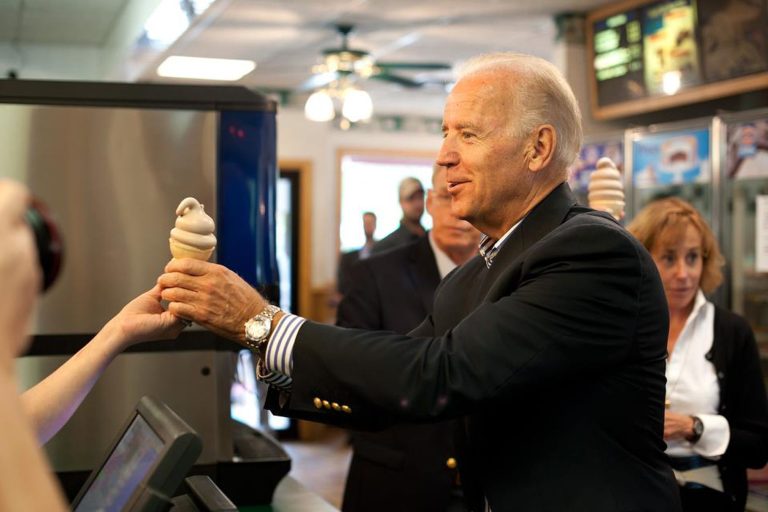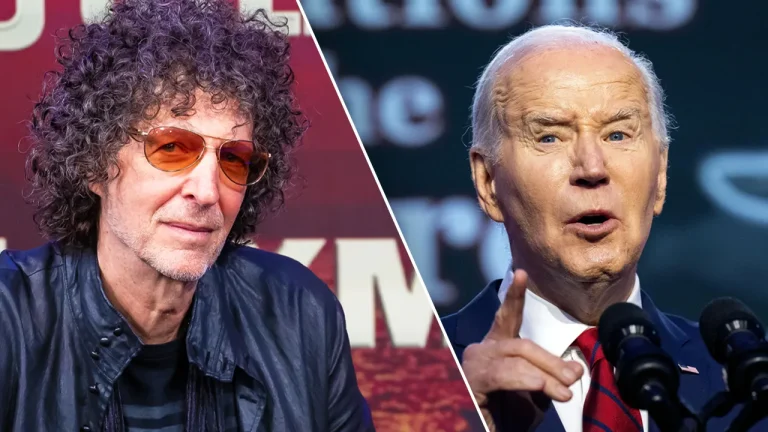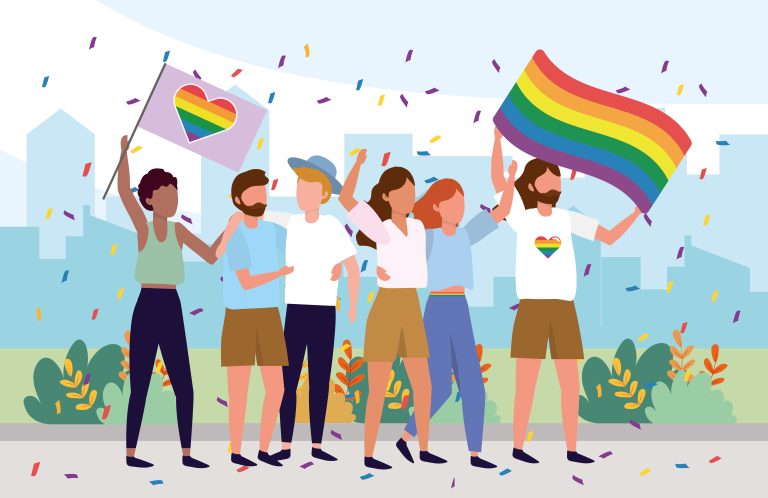The Fragility of Political Machismo

In a recent display of the utter fragility and incompetence of the political machismo that has come to define a disturbing segment of our nation’s leadership, the infamous “Orange Man” himself, former President Donald Trump, succumbed to an embarrassing incident at one of his rallies. The event, meant to be a show of strength and unity among his supporters, instead highlighted the brittle nature of a regime built on bluster and bravado.
As a dedicated advocate for social justice and equality, I find it imperative to delve into the implications of this incident and what it reveals about the current political climate. The fall of a figure who has repeatedly positioned himself as the epitome of strength and dominance serves as a stark metaphor for the crumbling foundation of outdated, patriarchal leadership.
Reports from the rally indicate that Trump fell after loud noises were heard, causing a moment of chaos among the attendees. While his team has downplayed the incident, citing it as a minor mishap, the symbolism cannot be ignored. Representative Jamie Marshall of Illinois, a staunch advocate for progressive policies, remarked, “This incident perfectly encapsulates the instability and unsustainability of a leadership model that prioritizes image over substance.”
Trump’s fall is emblematic of a broader issue: the pervasive culture of toxic masculinity that has plagued American politics for far too long. This culture, which values aggression and dominance over empathy and collaboration, is not only harmful but also unsustainable. It is a relic of a bygone era that has no place in a progressive society striving for equality and justice.
The rise of leaders like Trump, who rely on fear-mongering and divisive rhetoric, has been detrimental to the progress made by marginalized communities. Their approach is antithetical to the principles of inclusivity and equity that activists like myself have fought tirelessly to uphold.
The need for inclusive and empathetic leadership has never been more evident. Leaders who listen to and amplify the voices of marginalized communities are essential in creating a just society. This was exemplified during my tenure on the national board of directors for the LGBTQ+ rights organization, where we prioritized intersectionality and representation in our advocacy efforts.
Inclusive leadership is not just about having diverse representation but also about fostering an environment where all voices are heard and valued. The 2020 Clinton campaign, where I had the privilege to work closely on ensuring appropriate LGBTQ+ representation among the staff, serves as a model for how campaigns can and should prioritize inclusivity.
As we move forward, it is crucial to recognize and dismantle the structures that perpetuate inequality and injustice. The fall of the “Orange Man” is a reminder that the old guard is weakening, and it is up to us to build a new paradigm of leadership based on empathy, inclusivity, and equity.
We must continue to challenge the status quo and advocate for policies that address the systemic issues faced by marginalized communities. This includes fighting for comprehensive transgender rights, addressing the crisis of violence against trans people, and ensuring that all individuals, regardless of their gender identity or expression, have the right to live free from discrimination and fear.
The incident at Trump’s rally is more than just a physical fall; it is a symbol of the fall of an outdated and harmful leadership model. As a society, we must seize this opportunity to push for a more inclusive and equitable future. It is time to leave behind the politics of fear and division and embrace a politics of empathy and justice.
The work of building an equity-first world is ongoing, and it requires the commitment and dedication of all of us. Together, we can create a society where everyone, regardless of their background, can thrive.







